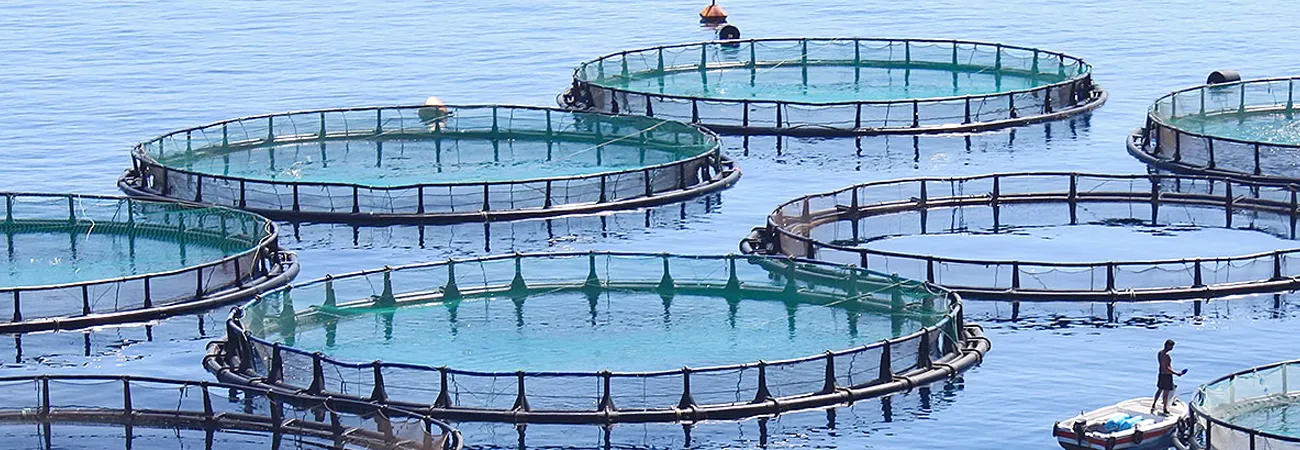i ECONOMY
Pioneering biodiversity conservation, sustainable agriculture, and fish farming ventures by the Sindh Engro Coal Mining Company (SECMC) are spearheading a transformation in Tharparkar, uplifting communities through food security and livelihood generation, reports WealthPK. The bio-saline agriculture initiative, launched in 2016, has successfully led to the cultivation of 16 edible plant varieties using underground saline water from coal mines. These saline-tolerant crops, including apple berries, livestock fodder and aloe vera, are thriving in Thar's harsh conditions. Harnessing the expertise of conservation experts from the International Union for Conservation of Nature (IUCN) and academics from Karachi University, the SECMC has empowered over 100 members of the local community through comprehensive training in bio-saline agriculture, fostering sustainable livelihoods and harmony with the delicate desert ecosystem. Additionally, bio-saline fish farming at Gorano Lake has created a flourishing ecosystem for over 10 fish species, including Morakhi, Rohu, Theli, Kuriro, Gulfam, African Catfish, and Dangri, contributing to local nutritional needs.
The project has distributed over 70,000 kilograms of fish and provided vital fodder to 14,500 families during the severe drought. Gorano has also emerged as a critical wetland habitat for more than 425 migratory birds, demonstrating the SECMC's commitment to ecological conservation. "Our unwavering focus on sustainability and climate resilience continues to drive these groundbreaking initiatives, creating pathways for food security and socioeconomic uplift in Tharparkar," emphasized Amir Iqbal, CEO of SECMC. The study, conducted in collaboration with SECMC, discovered over 1,000 species of flora and fauna, some previously unknown, in the region. The proposed conservation strategies will pave the way for harmonious co-existence between these species and local communities. “The Union's multifaceted sustainability projects champion the vision of an ecologically thriving and socioeconomically vibrant Thar”, Amir said. Given the nearly 90 percent survival rate, the Gorano reservoir is expected to produce 200,000 kilograms of fish a year.
This will not only lead to large scale fish production in the Thar Desert but also provide employment to the local youth. It is for the first time that fish production has been undertaken in the Thar Desert. The success and other such experiments and programs will accelerate the development in the area. The IUCN study has reflected positively on the Gorano pond filling with groundwater. The report says the subsoil saline water wetland is attracting various birds which feed on fish. With successful fish farming and aquaculture projects underway at the reservoir, Gorano has become a prized eco-tourism site. The SECMC has executed mining operations for coal extraction in the Thar coalfield, Block II, as a means of tackling energy deficiency across Pakistan. The area has exploitable lignite coal reserves of 1.57 billion tons. The SECMC has made several investments for this project, including the acquisition of land for resettlement of communities, mining facilities and services, and power plants. The company will execute the project in three phases. The first phase is underway in which two 330MW sub-critical plants will be established with majority share of Engro Powergen. The total mining capacity of the project is due to be 20.6MT/annum and its power generation capacity is projected to be 3,960MW.
Credit: Independent News Pakistan (INP)









